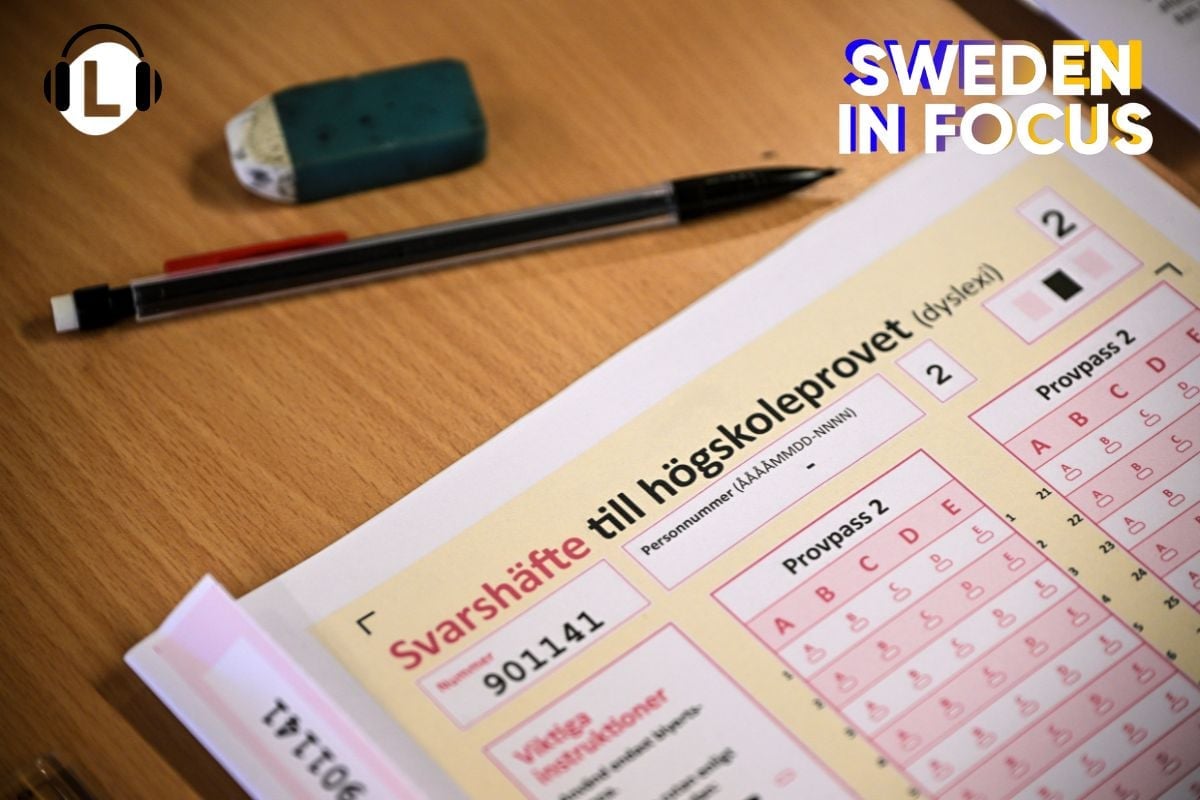Year-End Financial Planning: 6 Tips To Keep Your Portfolio Ticking
Here is an easy checklist that may help you finish the year on the right note financially.

As the year 2024 draws to a close, it is time to reflect on your financial health and determine what changes should be made to keep your portfolio healthy. The end of the year is not just about kicking back and embarking on a family holiday but also about preparing to tackle a new year and a new set of challenges head-on. A roadmap that helps achieve your financial objectives for the future, keeping in mind the current income and investments should be formulated. And if you are worried, here is an easy checklist that may help you finish the year on the right note and hopefully with considerably better financial security.
Review your portfolio
While it may appear an innocuous task that most investors tend to skip, reviewing your portfolio can be a good habit. Analysing investments at the year-end allows you to ensure that the portfolio is on track regarding the goals you had set out to achieve. Calculate the total returns your portfolio has generated and if it remains diversified. Keep a close lid on where your money is being invested and if it needs to be parked in a better medium (say debt funds instead of equity funds).
Use tax-saving instruments
Make sure as an investor, you have maxed out your Rs 1.5 lakh limit under Section 80C. Popular options such as the Public Provident Fund (PPF), Sukanya Samriddhi Yojana and National Savings Certificate (NSC) can be utilised to achieve the desired goal.
Consider investing in Equity Linked Savings Schemes (ELSS) which would not only help you reduce your tax burden but also provide substantial equity growth.
Increase your contribution to investments
With the new year approaching, it is wise to increase your investments in the long-term investments (mutual funds, stocks, real estate) you have been part of. For instance, if currently, you are contributing 10 per cent of your income to a SIP, consider making it 15 per cent to 20 per cent, depending on your family's requirements. If you are young, consider taking more risks and investing in aggressive funds as well.
Evaluate health and term insurance
Any wealth generated is only good as long as you are healthy. Ensure that your health insurance is up to date. Do consider term insurance that ensures that your family is not stranded when something unfortunate happens to you.
Health insurance premiums offer deductions of up to Rs 25,000 for individuals and Rs 50,000 for senior citizens. This is a great way to save taxes while safeguarding your family's health.
Also Read | 10 Reasons Why SIP Investments Are Perfect For Millennials
Reduce debt
Enter the new year by reducing debt or if you are not liquid enough, ensure you get your debt restructured. For example, if you have a credit card and home loan debt to pay, consider finishing off the former first as it accrues steep interest rates over time which can easily spiral into a debt crisis. As for home, personal or car loans, talk to the bank and restructure the debt or the repayment method.
Create emergency fund
As a rule of thumb, at least six to 12 months of your expenses, not salary, should be added to an emergency fund. The basic premise of creating an emergency fund is to ensure that you and your family are able to live six months without salary in case of job loss. Adding emergency funds to a liquid fund can be a smart way to inject more liquidity if you do not fear volatility.












